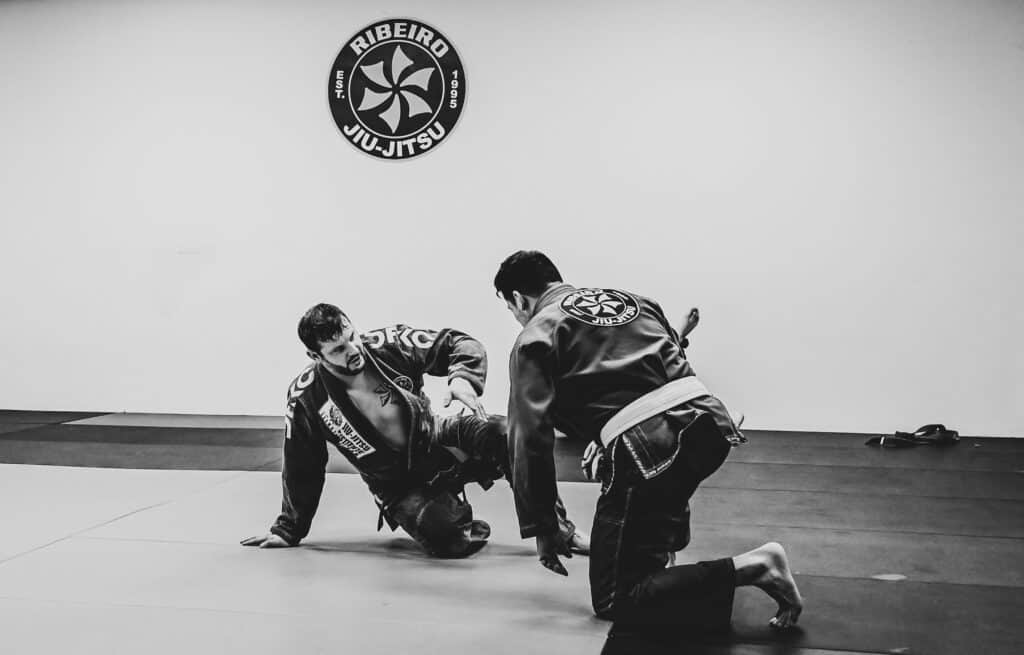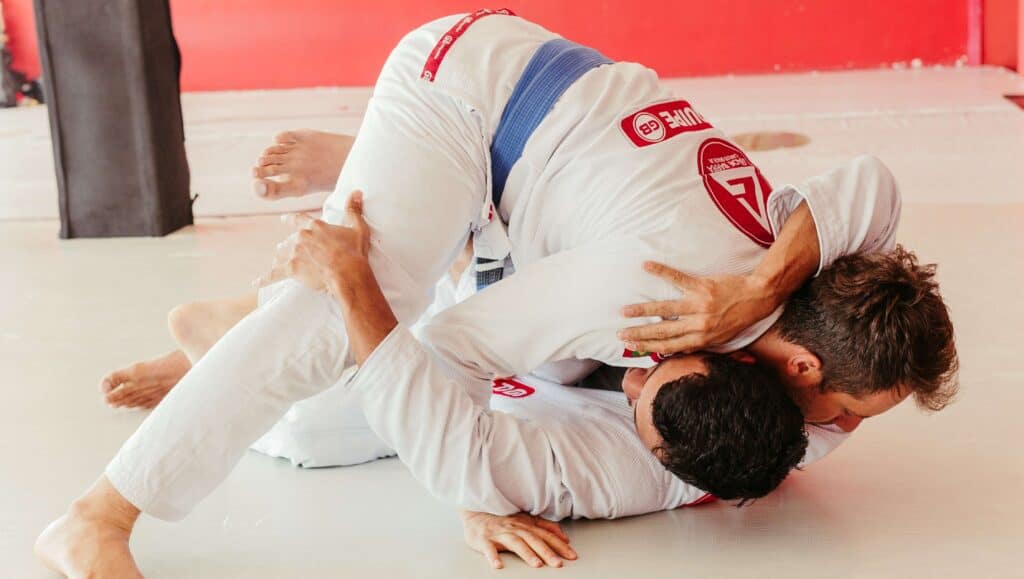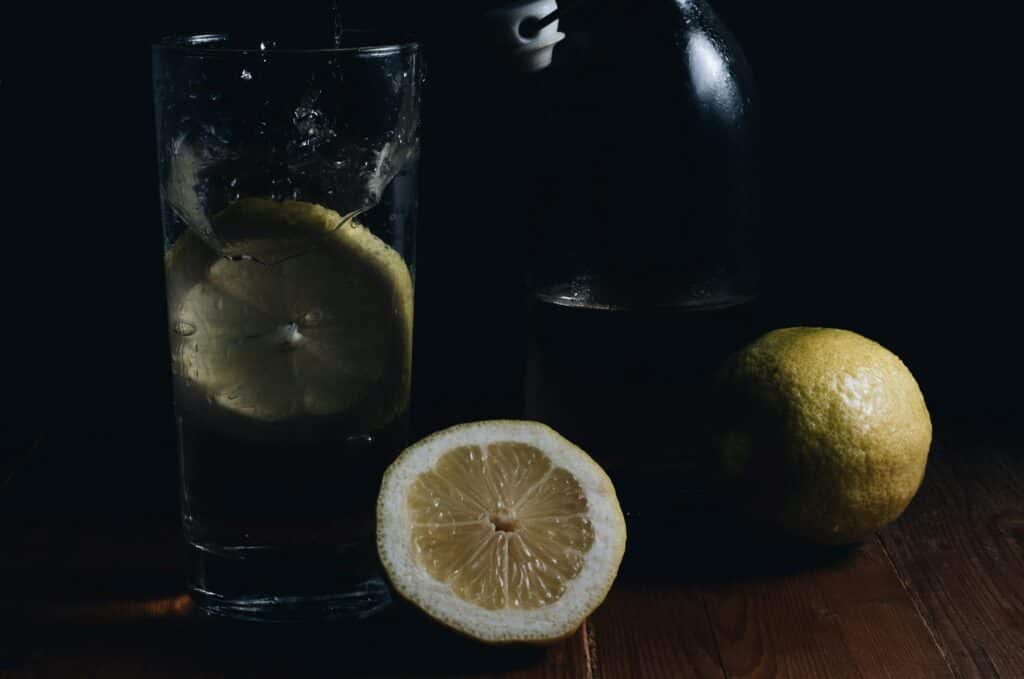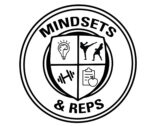
To say that jiu jitsu leads to wear and tear would be an understatement. It’s a sport that almost inevitably leads to aches and pains, if not the worst case scenario, injury.
Even the day-to-day jiu jitsu training can be challenging to recover from, whether you are a recreational or competitive athlete. It’s a grueling sport that demands a lot from the body.
Since the human anatomy isn’t designed to be armbarred or heel hooked, it’s essential that you take all the necessary steps to optimize recovery to maintain longevity in your jiu jitsu career. The following protocols apply from white belt to black belt, casual practitioner to ADCC champion.
Sleep
Sleep is one of the most important factors that affect recovery and performance for jiu jitsu athletes. It’s what we always hear but never want to accept.
During sleep, the body repairs and regenerates tissues, produces hormones that promote muscle growth and recovery, and consolidates memory and learning. The latter is particularly important. Jiu jitsu is very much mind over matter.
What separates higher ranking belts from beginners is not necessarily athleticism, but knowledge of the sport. Like studying for a test, sleep is critical for absorbing new techniques and learning from past rolling experiences.
However, many athletes struggle with getting enough high-quality sleep. This could be due to family, financial, or job stress. Moreover, some people just plain old don’t sleep well. Here are some tips for improving sleep quality and quantity.
Stick to a Consistent Sleep Schedule
Try to go to bed and wake up at the same time every day, even on weekends. This helps regulate your body’s internal clock and promotes better sleep quality. Viewing sunlight immediately upon waking also helps the sleep-wake cycle.
Create a Quality Sleep Environment
Make sure your bedroom is dark, quiet, and cool. Use blackout curtains or eye masks to block out light, especially if there are bright porch lights or streetlights outside.
As obvious as it may sound, make sure your bed is comfortable. You may be due for a new mattress or pillows and have just been putting it off.

Avoid Stimulants and Alcohol
Caffeine remains in your system for hours after consumption. Long after the effects of a cup of coffee or energy drink have diminished. This can disrupt sleep tremendously.
Some people enjoy a late alcoholic beverage, or nightcap, to help wind down before bed. While alcohol can technically relax you, it negatively impacts REM sleep. REM sleep is one of the important sleep stages as it pertains to recovery. As a jiu jitsu athlete it is critical that these stages of deep sleep are not interrupted.
Take Naps
If you are still having trouble optimizing sleep, you can use naps as a recovery tool. Keep them short (around 20-30 minutes) and avoid taking them too close to bedtime. A good hack to avoid napping for too long is to not nap where you sleep. If you sleep in a bed in your bedroom, take a nap on the couch in the living room instead.
Post Training Nutrition
If you do any strength and conditioning to supplement your jiu jitsu training, you may be familiar with some common post-training nutrition protocols. These include things like fast-digesting carbohydrates and a quality protein source, or even a protein shake, immediately post-workout.
The interesting thing is that these protocols apply way more to jiu jitsu training rather than lifting. Jiu jitsu is far more grueling than even the most intense lifting session. If anything, it is the jiu jitsu practitioner that should be following these nutrition practices.
Post-Workout Nutrition
Your body will be depleted after a 60-90 minute jiu jitsu practice. This is especially true if there was any prolonged period of rolling or sparring.
As a general rule, 30 grams of protein is usually enough to maximize muscle protein synthesis in one meal. This can come in the form of a whey protein shake, or other quality sources like chicken, turkey, fish, red meat, and Greek yogurt. Many people opt for a shake post-training since it will digest more quickly than food.
Jiu jitsu practitioners may overlook the importance of protein since their training is not for aesthetic muscle gain. This does not mean that the muscles used to perform don’t need fuel to recover.
45-90 grams of fast-digesting carbohydrates post-training will suffice to jumpstart recovery. Similar to protein shakes, people may use carbohydrate supplement powders due to their convenience and fast-acting qualities.
Immediately after a jiu jitsu session is the one time you want to avoid fats and fiber. While these nutrients are great for a variety of reasons, they do slow down digestion. Save these for other meals.
If you train multiple times per day, it is critical that you have a fast-digesting protein and carbohydrate shake or meal immediately after the first training session. You don’t have the luxury of the body naturally replenishing itself in a 24 hour period like other trainees. Therefore, nutrient timing is a must.
Hydration
The slightest percentage point of dehydration in the body can cause a massive depreciation in jiu jitsu performance. In most cases you may not even feel it. It’s normal to sweat in a jiu jitsu session, especially if you’re training in the gi. But the truth is that you exercise capacity will be lowered once you start to sweat considerably.
Depending on your gym, you may or may not have sufficient opportunities within the training session to rehydrate. However, post-training rehydration is crucial.
An easy way to determine how much you need to rehydrate is by weighing yourself before and after training. Ideally this is done without clothes, at the very least it’s done without the gi. Weigh yourself before you drive to practice, then again when you get home.

That amount of weight loss is what you need to replace with water. If you lose 5lbs, then drink 80 ounces of liquid. You don’t have to chug it of course, but drink it in a reasonable amount of time.
Electrolytes are part of the equation as well. If you noticed in the previous example I said liquid as opposed to water.
Sweat is primarily made up of the electrolytes sodium and chloride. Potassium and magnesium are also lost but not to the degree of sodium and chloride.
Individuals who solely drink coconut water during and after practice are likely not optimizing for hydration since coconut water lacks sodium.
The better option would be something like Pedialyte Sport, which has sufficient sodium and chloride while still providing potassium and magnesium.
Active Recovery
Many people assume that a day off from training should consist of lying around on the couch all day. While it’s good to relax, being completely immobile doesn’t do much in terms of targeted recovery.
Active recovery refers to engaging in low-intensity physical activity after training to help speed up the recovery process. It differs from passive recovery, which involves rest and relaxation, since it keeps the body in motion.
Active recovery is not a workout. It is low level physical activity to get blood flowing. A walk outside, light swim in the pool, or shooting some hoops by yourself would be examples of active recovery.
